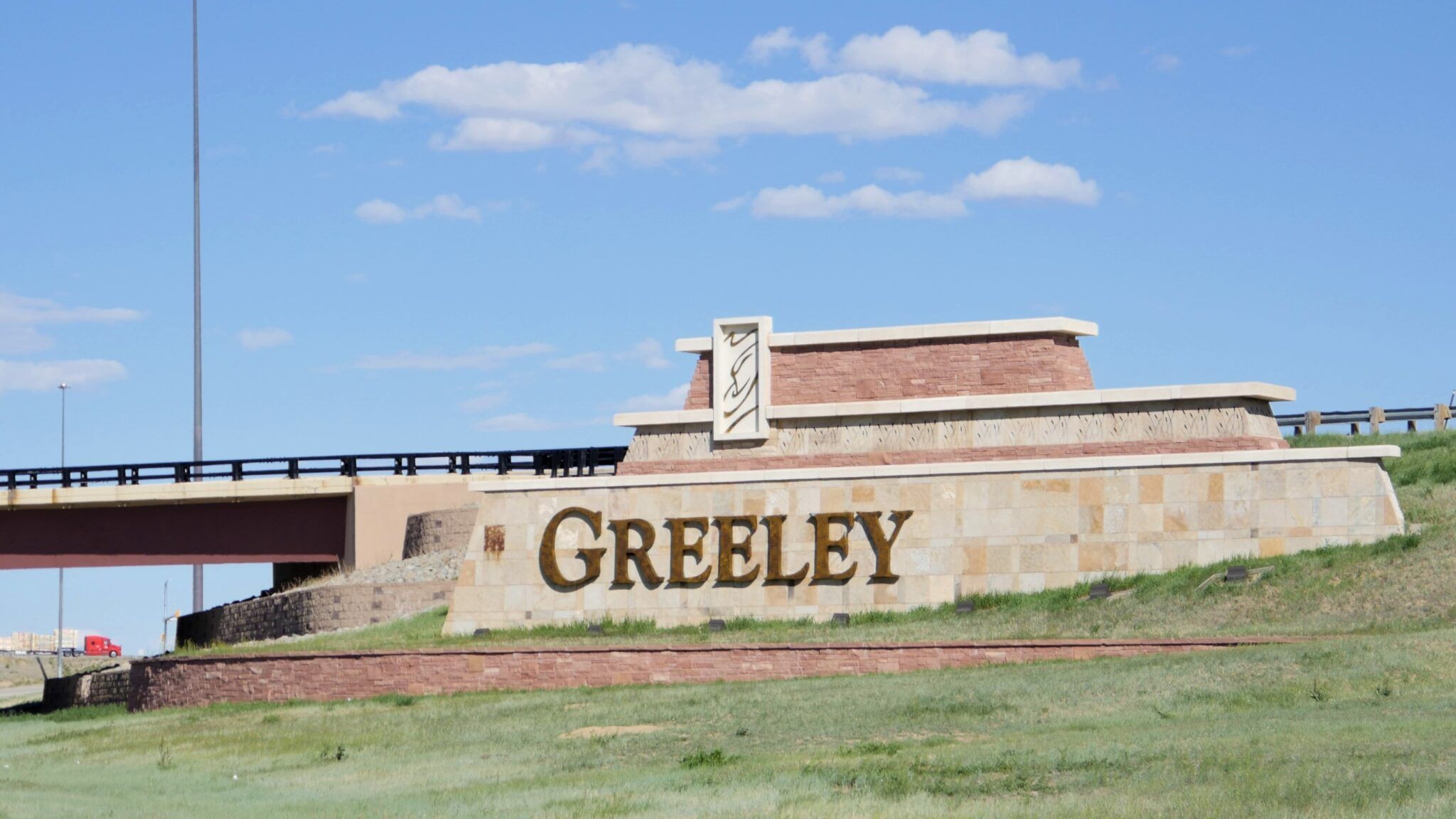Amundson: Government decorum. We want more of that
Decorum.
That’s a topic that one might say members of the U.S. House of Representatives could use after a tumultuous season of backstabbing and brinkmanship that the entire world witnessed in recent years, culminating in the dismissal of the Speaker of the House this month. With more to come.
Yet it was Loveland’s City Council that this past week determined by unanimous vote that it needed to further establish decorum rules for its meetings as members of the audience noisily voiced objections to the council, and council members have sometimes responded in kind.
One council member yelled “shut up” at a specific member of the audience during the Oct. 2 meeting. And that wasn’t an isolated situation.
Quite frankly, the Loveland council — and a certain segment of the community that has chosen to assume the worst possible motivations on every statement or action a council member might make — has been an embarrassment to the community and the region.
Take a guess what members of other councils talk about when they meet in regional meetings? You’d be right if you guessed the dysfunction in Loveland.
Unfortunately, upcoming municipal elections may not solve a thing, as incumbents and bomb-thrower candidates show little promise of change.
It doesn’t have to be that way, and it hasn’t always been that way in Loveland over the years.
More than 35 years ago, Loveland’s council faced a bitter recall that split the community. Soon after, Mayor Don Riedel led the city out of the morass with principled leadership and calm demeanor. There was no score settling, no retribution. The council went back to work on behalf of the community.
Numerous examples exist in the region of well-run city councils. Jeni Arndt has led Fort Collins through thorny issues. John Gates in Greeley conducts one of the best-run meetings in Northern Colorado. And Paul Rennemeyer and the Windsor town board showed significant decorum and professionalism when Windsor residents rose up in large numbers to slap down a council-led effort to develop the so-called “backlots.”
Service on a public board requires patience, empathy, open mindedness, willingness to listen, a thick skin, and ability to set aside preconceived notions.
It requires a willingness to accept and move on when an issue is lost. It requires a willingness to include, when possible, the positions of others, especially when that act might make the outcome more acceptable to a larger number. It requires less talking and more hearing.
Those who like to argue, confront, needle others, throw out legalisms and set up potential conflicts are ill-fitted to serve, and there’s an abundance of them on the Loveland council.
When such situations exist, it can take years for circumstances to correct. Community members with skills to help raise the bar are more likely to run the opposite direction. Those serving won’t grow self-awareness overnight and thus will resist the internal change necessary to put community ahead of self.
Hope springs eternal, of course. A couple of members including Patrick McFall who offered the decorum proposal recognize the depth of the problem. It will be actions beyond the words that ultimately swings the city leadership back to where the community expects it to be.
Ken Amundson is managing editor of BizWest and has observed Loveland governance for well over three decades.
Decorum.
That’s a topic that one might say members of the U.S. House of Representatives could use after a tumultuous season of backstabbing and brinkmanship that the entire world witnessed in recent years, culminating in the dismissal of the Speaker of the House this month. With more to come.
Yet it was Loveland’s City Council that this past week determined by unanimous vote that it needed to further establish decorum rules for its meetings as members of the audience noisily voiced objections to the council, and council members have sometimes responded in kind.
One council member yelled “shut up” at a specific member…




